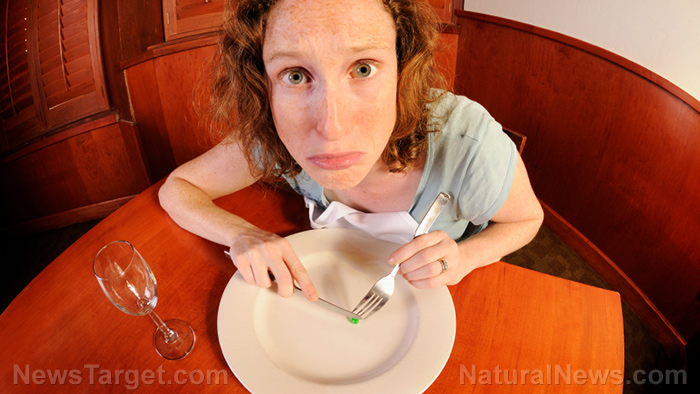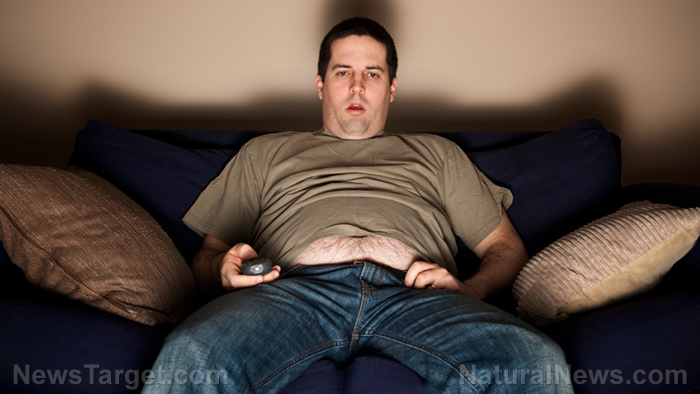If you don’t want your child to grow up into an obese adult with a lot of health problems, make him get enough sleep. New research from the University of Warwick revealed that children and pre-teens who get less sleep less than others their age gain more weight as adults, and are more likely to become overweight or obese.
The researchers reviewed the findings of 42 population studies of infants, children, and adolescents aged 0 to 18. The said studies had a total of 75,499 participants, whose average sleep duration was analyzed using questionnaires, wearable technology, and other methods.
Participants were divided into two: short sleepers and regular sleepers. Short sleepers were those who slept less than the reference category for their age.
The reference category was based on the most recent National Sleep Foundation guidelines in the U.S. which say that:
- Infants (four to 11 months) must get between 12 to 15 hours of sleep a night;
- Toddlers (one to two years old) must sleep 11 to 14 hours nightly;
- Pre-school children (three to five years old) need 10 to 13 hours of sleep a night;
- School-aged children (six to 13 years old) between nine and 11 hours; and
- Teens (14 to 17 years year old), eight to ten hours.
Researchers monitored the participants for three years. They took note of changes in their body mass index (BMI ) and documented incidences of overweight and/or obesity over time.
The research team revealed that short sleepers regardless of age gained more weight and were 58 percent more likely to grow up overweight or obese.
Dr. Michelle Miller, Reader of Biochemical Medicine, Health Sciences, Warwick Medical School, one of the study’s co-authors, said that their findings show that sleep can serve as a modifiable risk factor of future obesity. She added that their findings show that the tendency to become obese be detected very early on in life.
She warned that being overweight can lead to health problems like cardiovascular disease and Type 2 diabetes, which she said is on the upswing among children.
Obesity has become so rampant worldwide, the World Health Organization has declared it a global epidemic. This is why the research team is all for the creation and implementation of educational programs that empower parents and children to get the most out of sleep.
How do you help children sleep well at night? Some suggestions:
- Create a reward system – Give your child a star when he goes to bed on time and stays there the whole night long. Give him a prize if he earns three stars at night.
- Avoid stimulating activities after dinner – That’s according to Dr. Carol L. Rosen, medical director of pediatric sleep services at Case Western Reserve University‘s School of Medicine at Rainbow Babies and Children’s Hospital in Cleveland. This means stashing the toys away, turning off the television and unwinding with a bedtime story or two.
- Make your child feel comfortable – Check if the room temperature either too warm or too cold. Make sure the bedsheets, pillows, comforter, blanket and pillowcases are clean. Ask your child if he feels comfortable in his pajamas. Make sure the blankets don’t limit his movement.
A child’s health is a parent’s responsibility. Let us help our children sleep well at night so they will grow up to become healthy adults who can do their best in whatever they choose to do.
Do you know that a lot of modern-day diseases are preventable through proper lifestyle habits such as diet and exercise? You can find more articles on how to prevent these illnesses at Prevention.news.
Sources include:
AlphaGalileo.org
Parents.com




















